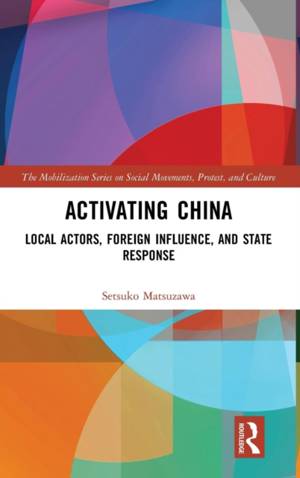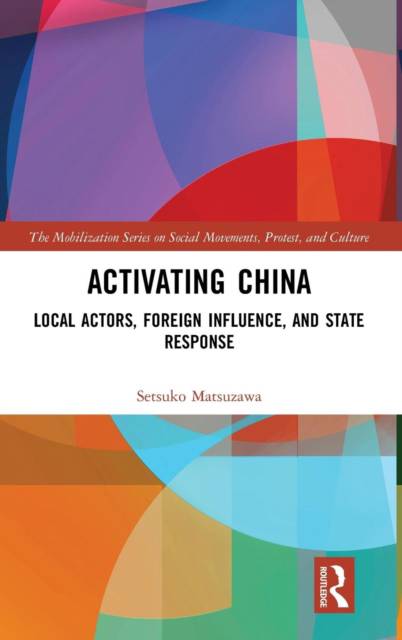
- Afhalen na 1 uur in een winkel met voorraad
- Gratis thuislevering in België
- Ruim aanbod met 7 miljoen producten
- Afhalen na 1 uur in een winkel met voorraad
- Gratis thuislevering in België
- Ruim aanbod met 7 miljoen producten
Omschrijving
This book examines the effects of the transnational social and environmental advocacy of foreign NGOs in China. Based on three case studies, including China's first participatory development project, its first successful case of transnational anti-dam activism, and its first national park project, the book challenges our typical understanding that global forces shape local outcomes. Drawing on ethnographic fieldwork in China and archival work in the United States, Matsuzawa sheds light on the entrepreneurial behaviors of Chinese activists, researchers, and government officials. She shows that global projects are often substantially transformed by local actors, despite the original intentions of their foreign collaborators and even China's central government. Thus, it is argued that foreign NGOs are not as hegemonic or culturally imperialistic as is commonly viewed. Matsuzawa reveals that their goals may change profoundly as a result of their engagements with local actors on the ground. She offers a new theory of transnational advocacy together with an account of the Chinese party-state's rising concerns over the influence of foreign NGOs. Activating China will be of interest to sociologists and political scientists working in the fields of social movement studies and activism in China.
Specificaties
Betrokkenen
- Auteur(s):
- Uitgeverij:
Inhoud
- Aantal bladzijden:
- 172
- Taal:
- Engels
- Reeks:
Eigenschappen
- Productcode (EAN):
- 9780815360346
- Verschijningsdatum:
- 23/01/2019
- Uitvoering:
- Hardcover
- Formaat:
- Genaaid
- Afmetingen:
- 156 mm x 234 mm
- Gewicht:
- 430 g

Alleen bij Standaard Boekhandel
Beoordelingen
We publiceren alleen reviews die voldoen aan de voorwaarden voor reviews. Bekijk onze voorwaarden voor reviews.












